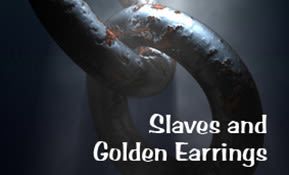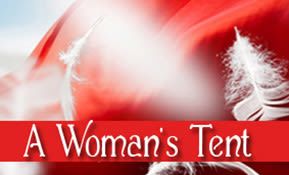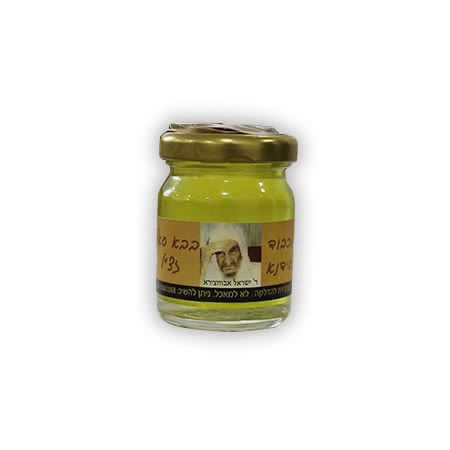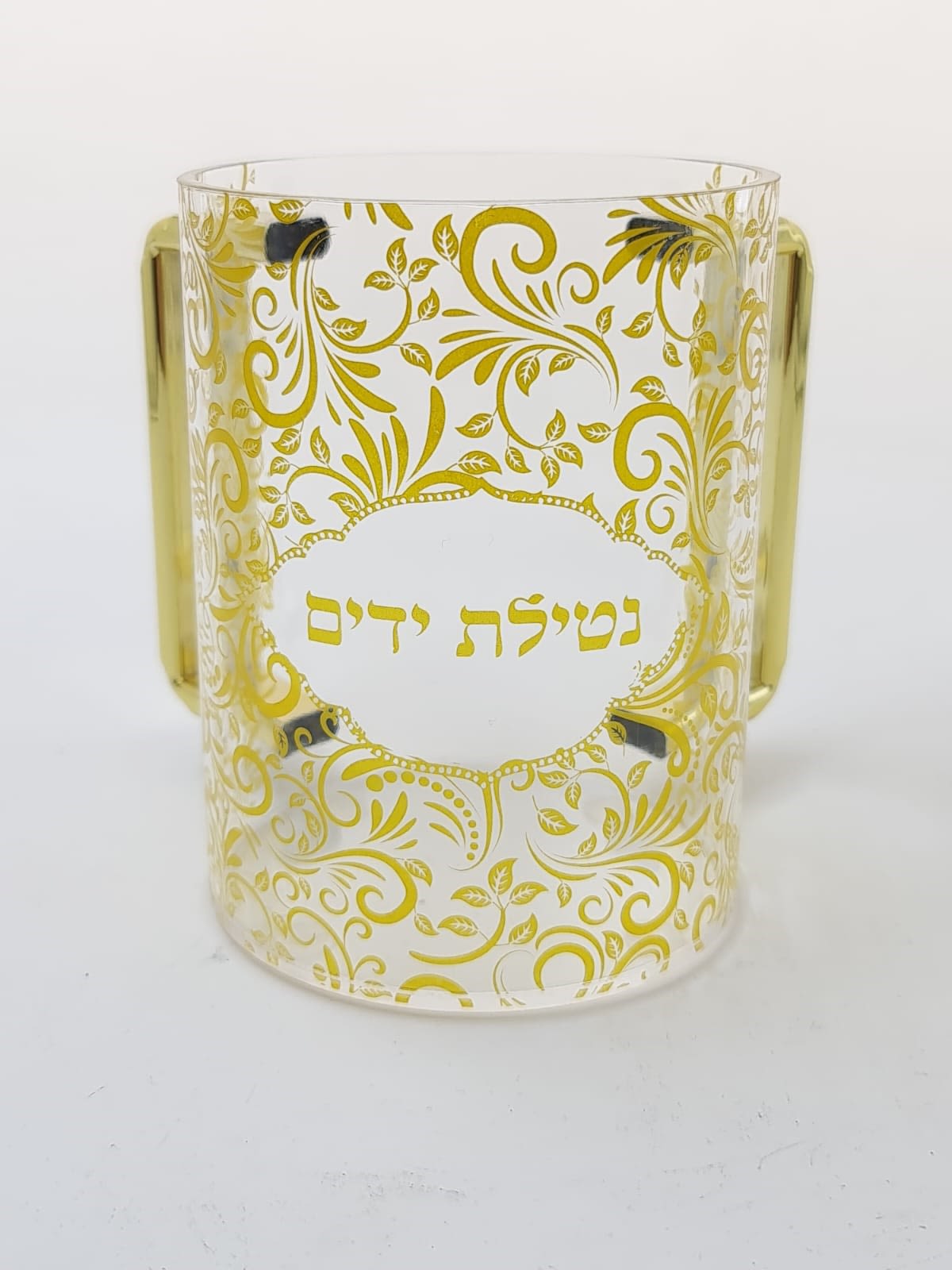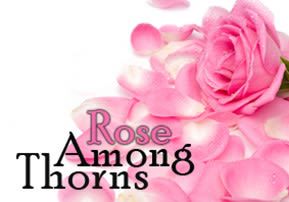
Toldot: Rose Among Thorns
Our matriarch Rivka’s life exemplifies the victory that a person can have over her environment; she is a shining example of how one can become a rose among thorns…

Parshat Toldot
“Yitzchak was forty years old when he took Rivkah to wife, the daughter of Betuel the Aramian of Padan Aram, the sister to Lavan the Aramian” (Bereishit 25:20). Why does the Torah mention the birthplace and genealogy of Rivkah? This is in order to emphasize how she flourished to become “a rose among thorns” (Bereishit Raba 63:4). To resist the influence of her environment, Rivkah learned to make her own decisions and to act with complete self-confidence. She was compelled to be assertive, since she grew up in an environment of sinners where it was impossible to rely on anyone, even her own family. Rivkah became familiar with evil, without being affected by it. On the contrary, evil drew her towards good, by way of contrast. Her life exemplifies the victory that a person can have over her environment, embodying the benefit of the light that emanates from specifically the darkness (Kohelet 2:13). Whenever there was a question of what to do, Rivkah took charge. She didn't send her husband to seek Hashem but went by herself. She was the one to receive the Divine message about the reason for her difficult pregnancy and the nature of the children she would birth.
THE PAIN OF HER PREGNANCY
“The children struggled together within her; and she said, if it be so, why am I thus? And she went to inquire of Hashem” (Bereishit 25:22). After having prayed year after year for a child, Rivkah finally became pregnant – and with twins! However, their struggle against one another, which she felt within her, was almost too much to bear. Rather than rejoicing, she was so disturbed by her discomfort that “she went to inquire of G‑d.” According to Rashi, Rivkah asked: “If the pain of pregnancy is so great, why did I pray and long to become pregnant?” Ohr HaChayim questions: How could this righteous woman have been disturbed by the discomfort of pregnancy? We know that tzaddikim are able to endure great pain in this world, for the sake of eternal goodness. Moreover, when Hashem answered her, “Two nations are in your womb…” (ibid. 23), how did that take away the pain of her pregnancy?
TO CARRY ON THE LEGACY OF SARAH
According to Rashi, the answer revealed to Rivkah by Shem (the son of Noach), through Ruach HaKodesh (Divine inspiration), is that there are two men of nobility, (gayim) within you: Antoninus and Rabbi Yehudah the Prince. At first glance, this remark seems totally unrelated the main problem, as the verse continues, “…and two peoples shall be separated from your bowels, the one shall be stronger than the other, and the elder shall serve the younger” (ibid.). Rivkah's consternation must not be merely due to the pain of pregnancy but to something much more devastating. We know that when Yitzchakbrought Rivkah into the tent of his mother, Sarah, she completely took over her role. Because they both personified righteousness and holiness, their home became the dwelling place of the Shechina and they were chosen as worthy vessels to generate the future nation of Israel. Then why was Rivkah so upset? According to Meshech Chachma she was profoundly jealous of Sarah, who had succeeded to select for herself that part of Avraham's seed that was pure and holy to produce Yitzchak. This was after the tinge of Avraham’s impurity inherited from his idol worshipping father had been skimmed away by Hagar to bear Yishmael (Shabbath 146a).
ESAV – THE HIDDEN SPARK CONCEIVED
Rivkah was convinced that she was the bearer of pollution and unholiness. Every time she passed by a place of avodah zarah (idol worship), she could feel Esav surging towards that which was utterly despicable to her. It was no consolation that she was also pregnant with “good” as evidenced by the movements in her womb that she noticed upon passing holy places (Rashi, Bereishit 25:22). She had somehow failed to live up to the standards set by Sarah and therefore felt devastated. The prophetic answer revealed to her that there were actually two noblemen within her. The first one was Antoninus, the Caesar of Rome a descendant of Esav who converted to Judaism. His good relations with the second one, Rabbi Yehudah, the Prince, enabled the recording of the Oral Law. Thus, Rivkah was assured that even the bad contained a tremendous spark of good, which made it worthwhile to be the mother of Esav (Meshech Chachma, Bereishit 25:23).
***
Rebbetzin Chana Bracha Siegelbaum is Director of Midreshet B’erot Bat Ayin in Gush Etzion. This article is an excerpt from her book Women at the Crossroads: A Woman’s Perspective on the Weekly Torah Portion, reviewed by The Jerusalem Post, The Jewish Press, Voices Magazine, Good Reads, and WordPress/JewishPress and more. To order this book, click here.



